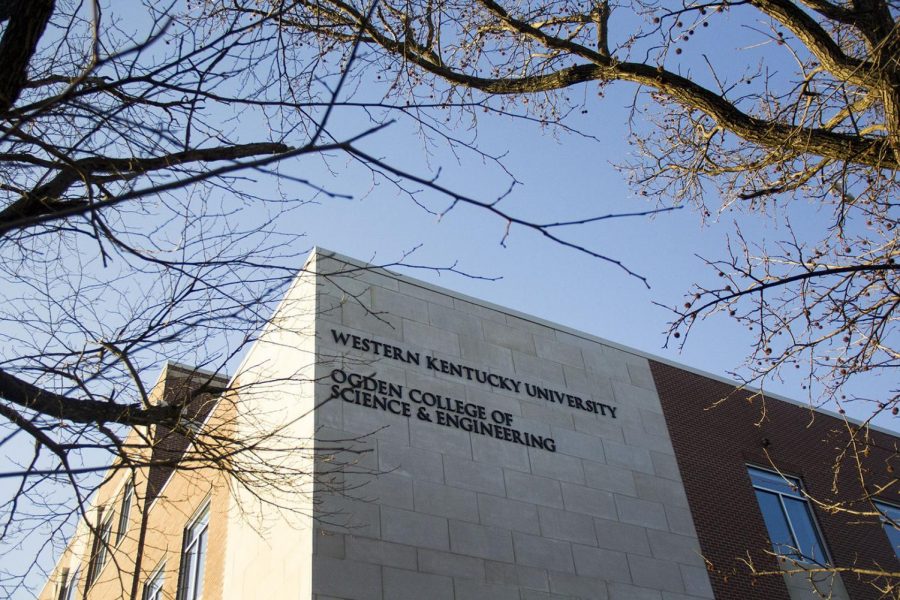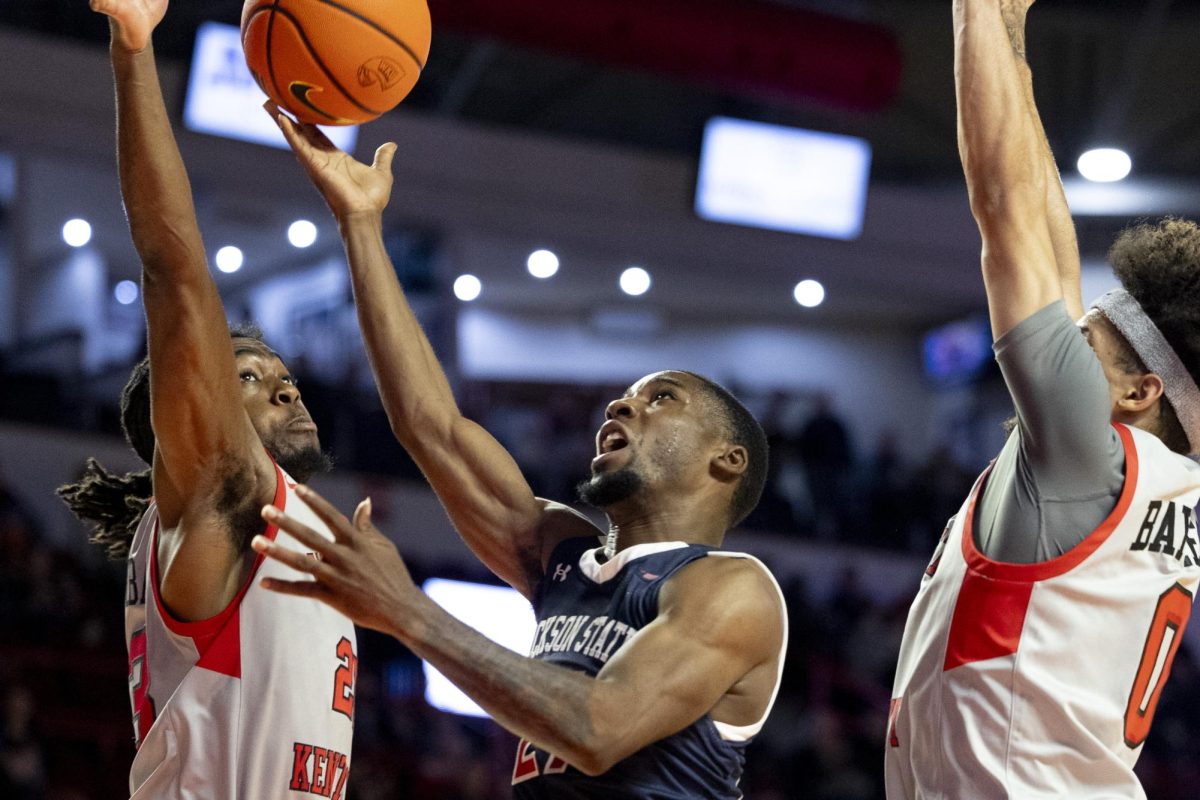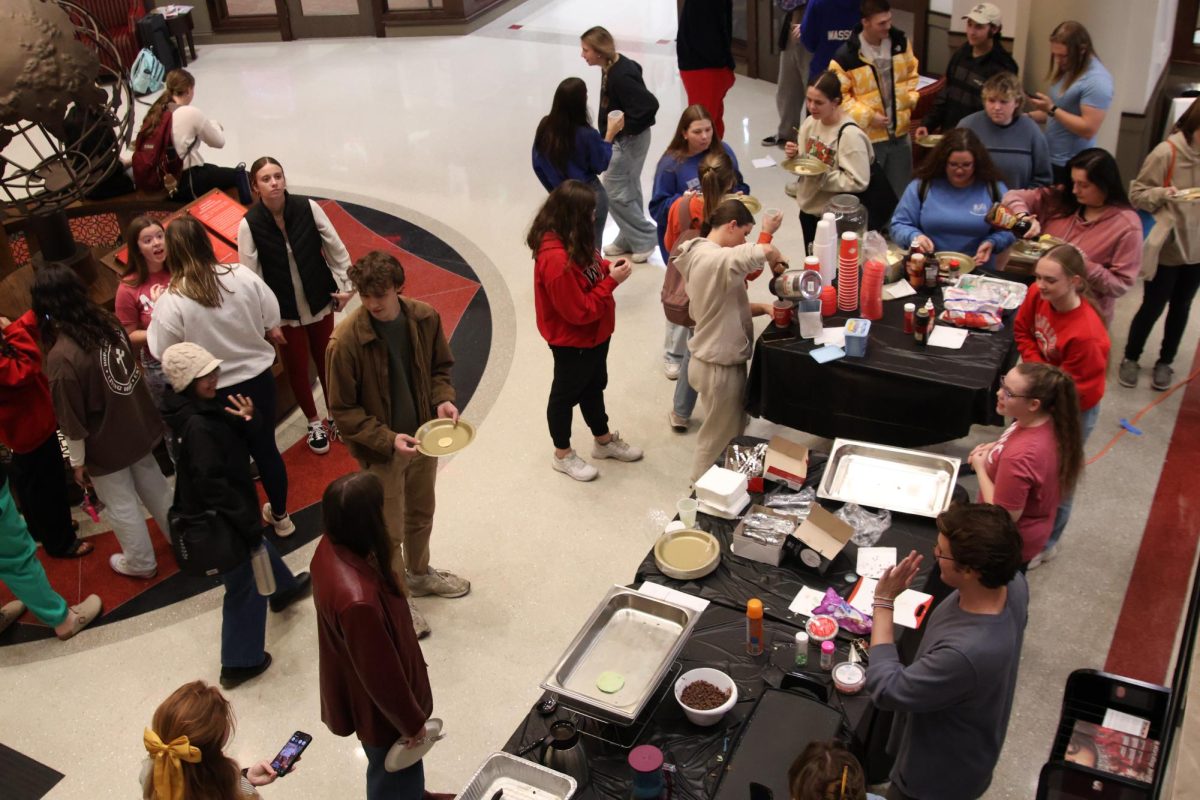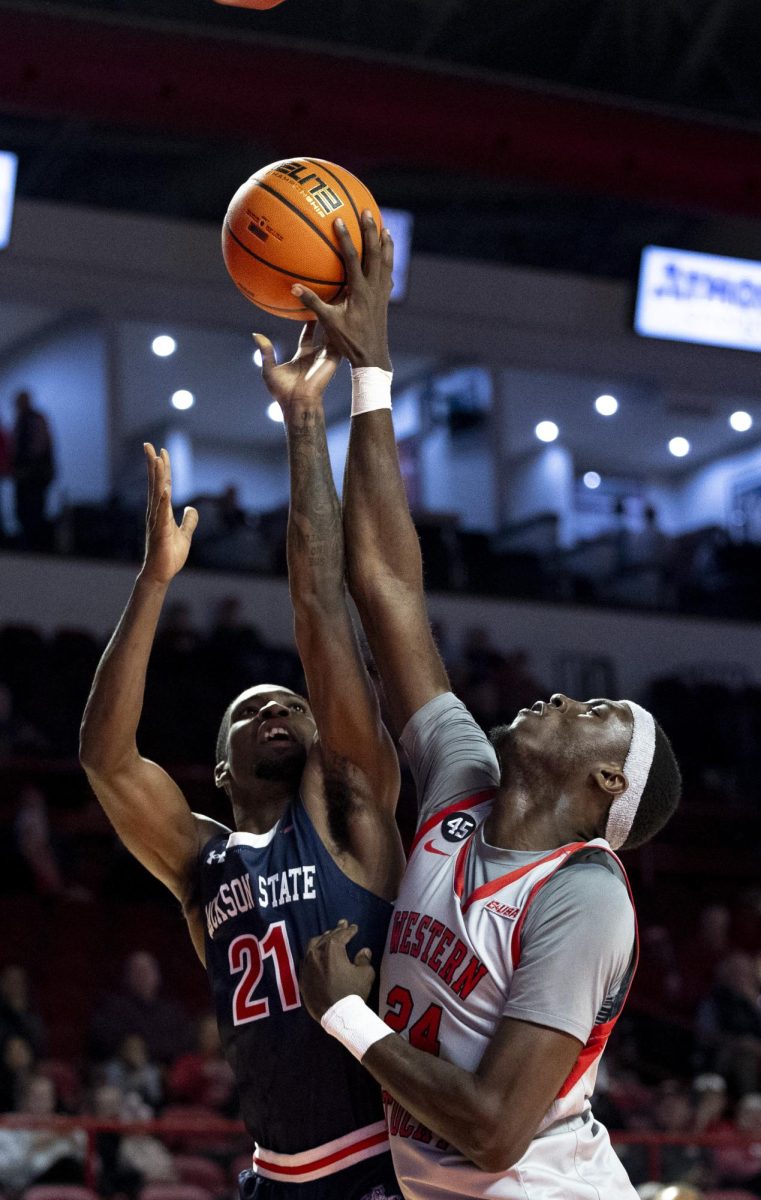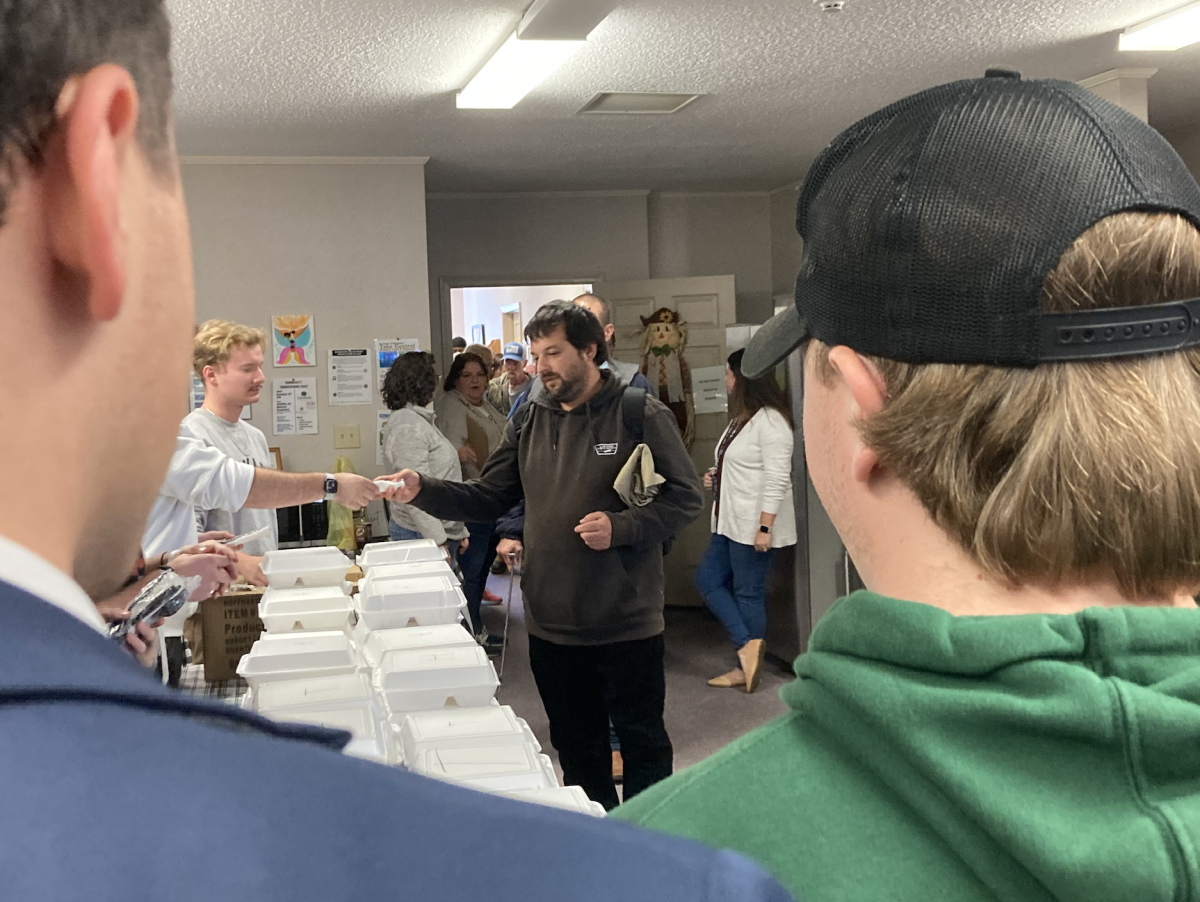The Diversity, Equity and Inclusion Workgroup host virtual discussion over campus buildings tied to slavery
October 10, 2020
The Diversity, Equity and Inclusion Workgroup hosted a campus dialogue session to discuss the campus history of connections with slave ownership and namesake with buildings on campus.
‘Confederates in Our Attic’ is a deliberative dialogue event to examine the names of buildings on campus such as Potter College of Arts and Letters, whose eponyms were slave owners.
The group teamed up with Leah Thompson, an instructor in the Mahurin Honors College, who is committed to diversity, equity and inclusion.
“Deliberative Dialogue workshops are a form of facilitated group discussions that give participants the opportunity to consider an issue in depth, challenge differing opinions and develop views and arguments to reach an accountable position”, Dr. Molly Kerby, co-chief diversity officer, associate professor and assistant provost for institutional effectiveness said in an email.
The purpose of the discussion was to not solve the problems of the buildings namesakes but to begin the conversation on what the university could do.
Participants were given an issue guide and a shorter version of the guide to review prior to the discussion to help support the questions that will be discussed in the breakout sessions.
The guide gave a synopsis of the issues that were discussed as well as documents provided by WKU Historian David Lee and Geography Professor Peggy Gripshover. The guide also includes three options for the university to take in response to removing the names.
Option one was to leave the names on the colleges and buildings and create a multi-disciplinary center for historical research with a memorial fund for the children of Jonesville, which would be similar to the actions taken by George Mason University.
Option two is to simply remove the names from the buildings in question, where documentation that connects slave ownership exists. This would be similar to the University of Cincinnati and Vanderbilt University.
Lastly, option three is to remove the names Ogden, Potter and Van Meter and replace them with family names connected to the history of WKU. This would include legacy funding for families connected to WKU’s history with slavery and Jonesville.
The session began with Kerby introducing the discussion and what would occur.
Thompson then explained what deliberation was and how it would be applied to this event and the ground rules for the breakout groups.
Participants were then put into breakout groups to discuss the three options. Each group had a student moderator trained by Thompson with the exception of one faculty member. There was also a note taker present in each group to keep track of ideas talked about by participants in the break out groups.
After each group was done, all participants were brought together to discuss their ideas and opinions that were talked about in the break out sessions.
“This is a story with a lot of moving parts,” Gripshover said. “It connects historically and geographically the map of campus, the map of the city. There are so many aspects of this story.”
The next session will be Nov. 19 from 4:30 p.m. to 6:30 p.m. All students, faculty and staff are encouraged to join.
Gabrielle Bunton can be reached at [email protected]. Follow her on Twitter @gabriellebunton.

